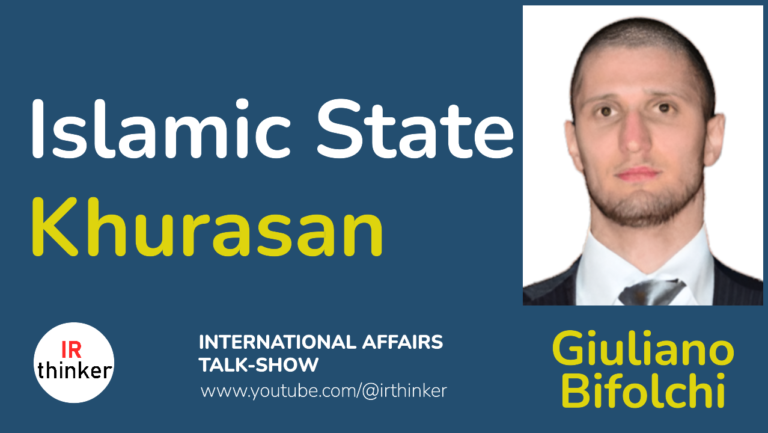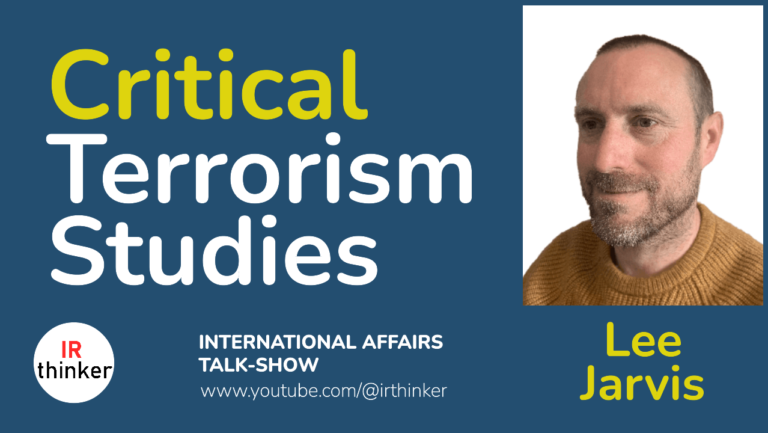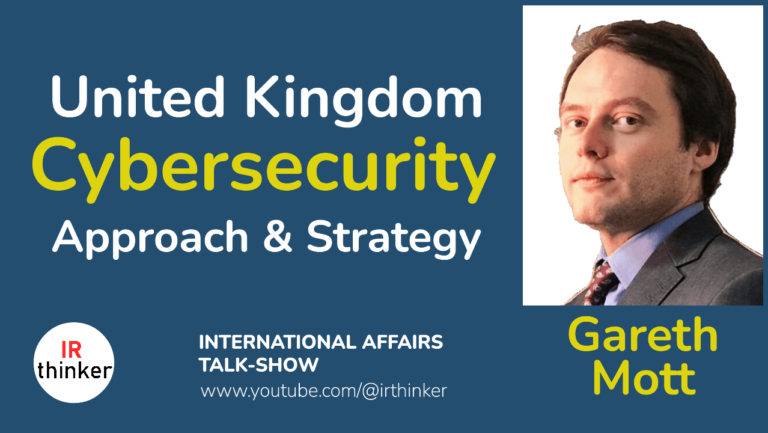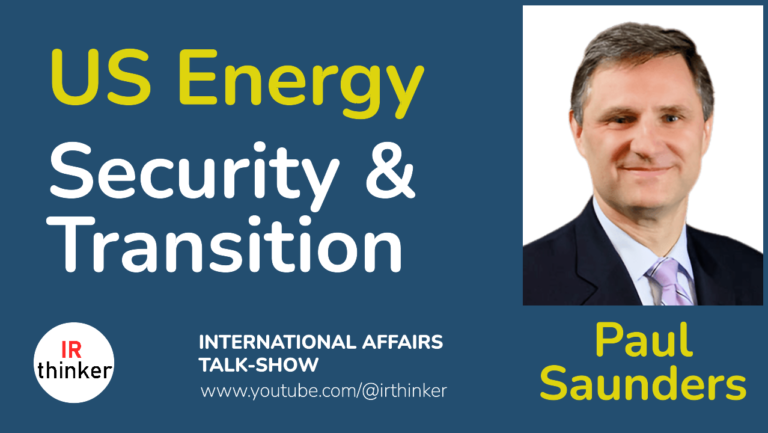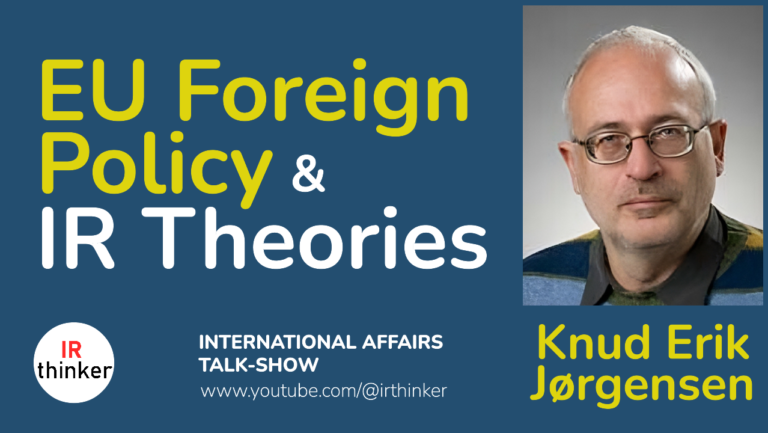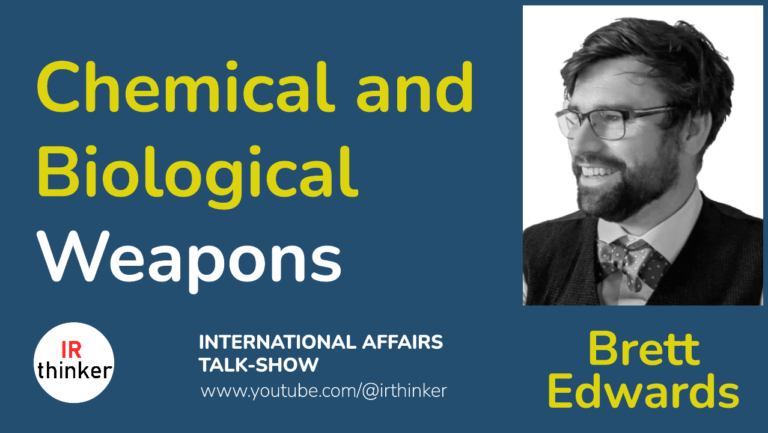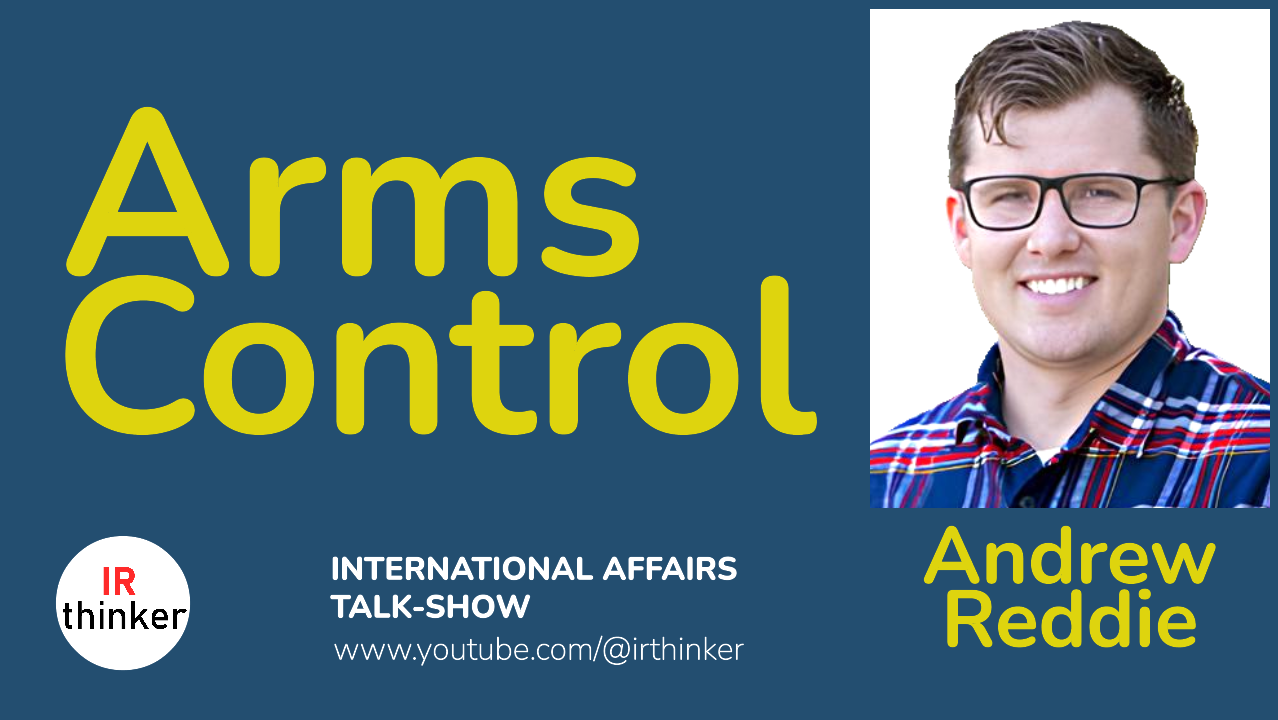
In this interview with Dr Andrew Reddie, we explore the evolution of arms control from the Cold War era to the challenges of modern technological governance. Dr Reddie discusses key factors influencing treaty implementation, the roles of various global actors, and the implications of new and emerging weapons technologies. Join us to understand the complexities of contemporary arms control and the innovative ideas shaping its future.
Content
- Evolution of Arms Control: From the Cold War to Technological Governance
- Weapons Under Current Arms Control Regimes
- Key Factors in Successful Treaty Implementation and Contemporary Challenges
- The Impact of Non-State Actors and Non-Superpowers on Arms Control
- Global Oversight and Supervision of Arms Control Regimes
- Verification Processes in Arms Control
- Identifying Loopholes in the Verification Processes
- The Implications of New START and INF Treaties on Modern Arms Control
- Contemporary Fears of a Renewed Arms Race
- The Unique Case of the USA as the Only User of Nuclear Weapons
- Enriched Uranium Weapons: A Closer Look
- China’s Approach to Arms Control
- Sino-Russian Consultations on Arms Control
- India and Pakistan: Approaches to Arms Control
- Iran and Israel: Divergent Approaches to Arms Control
- The United Kingdom and France’s Role in Arms Control
- Potential New Nuclear Weapon States: Candidates and Risks
- Innovative Approaches and Ideas for Strengthening Arms Control
- Incentives for States to Abandon Nuclear Weapons
- Governance of Nuclear Weapons: Current Frameworks and Future Directions
- Emerging Weapon Technologies and the Need for New Arms Control Regimes
- Prospective Areas for Future Research in Arms Control
Andrew Reddie
Dr Andrew Reddie is an Associate Research Professor at the University of California, Berkeley’s Goldman School of Public Policy, and Founder of the Berkeley Risk and Security Lab. His research at the intersection of technology, politics, and security examines how technology shapes international order—with a focus on nuclear weapons policy, cybersecurity and AI governance.
Selected publications
Aggarwal, V. K., & Reddie, A. W. (2021). Economic statecraft in the 21st century: Implications for the future of the global trade regime. World Trade Review, 20(2), 137–151. https://doi.org/10.1017/S147474562000049X
Kucharski, L., Loss, R., & Reddie, A. (2018). U. S. -russian nuclear arms control: Crisis and collapse or crossroads? Workshop summary august 2018 (LLNL-TR–757262, 1467816; p. LLNL-TR–757262, 1467816). https://doi.org/10.2172/1467816
Reddie, A. W., & Goldblum, B. L. (2023). Evidence of the unthinkable: Experimental wargaming at the nuclear threshold. Journal of Peace Research, 60(5), 760–776. https://doi.org/10.1177/00223433221094734
Reddie, A. W., & Walker, L. P. (2024). Sanctions in an era of strategic competition. In V. K. Aggarwal & T. Ming Cheung (Eds.), The Oxford Handbook of Geoeconomics and Economic Statecraft (1st ed.). Oxford University Press. https://doi.org/10.1093/oxfordhb/9780197673546.013.23

